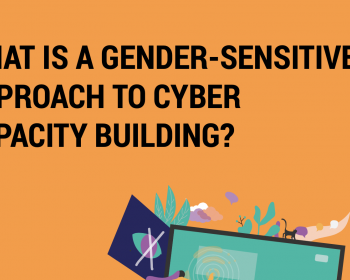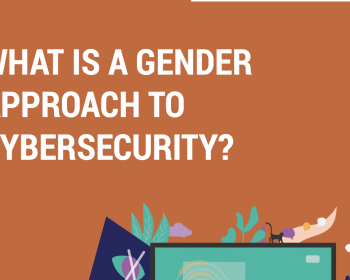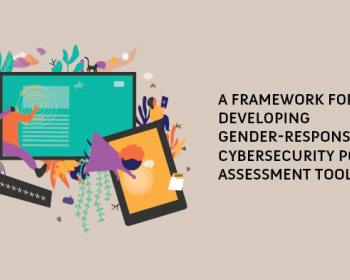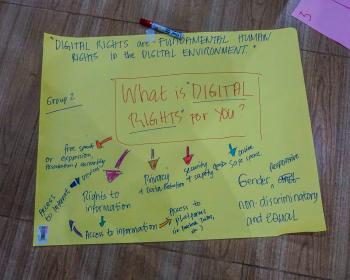internet policy
A gender-sensitive approach to cyber capacity building understands and considers the gendered impacts and implications of cyber threats, and calls for specific steps to address the needs, priorities and capacities of women and people of diverse sexualities, gender expressions and identities.
A gender approach to cybersecurity is a perspective that seeks to rethink individual and collective responsibilities for the cybersecurity of individuals and groups, making cybersecurity responsive to the complex, differentiated and intersectional needs of people based on a wide range of factors.
This assessment tool seeks to provide step-by-step advice and concrete recommendations for those wishing to develop a gender approach to cybersecurity policy.
While human rights have been more clearly defined through the UN Declaration of Human Rights the same cannot be said for the terms “digital”, “technology”, or the “internet”. In that sense, what are digital rights?
In this bilingual edition, different voices share what the priorities should be around sexuality and gender and the internet going forward. What does the feminist internet look like for LGBTIQ+ people?
The UN General Assembly's 73rd session passed a record number of resolutions relevant for internet policy. This article outlines developments in the First Committee, relating to international norms in cyberspace, and the Third Committee, covering a range of internet-related human rights issues.
This comparative country study, based on focus groups conducted in November 2016 in Kenya, Nigeria, Rwanda and South Africa, sought to develop evidence of why people use the internet the way they do, specifically when their data is subsidised.









